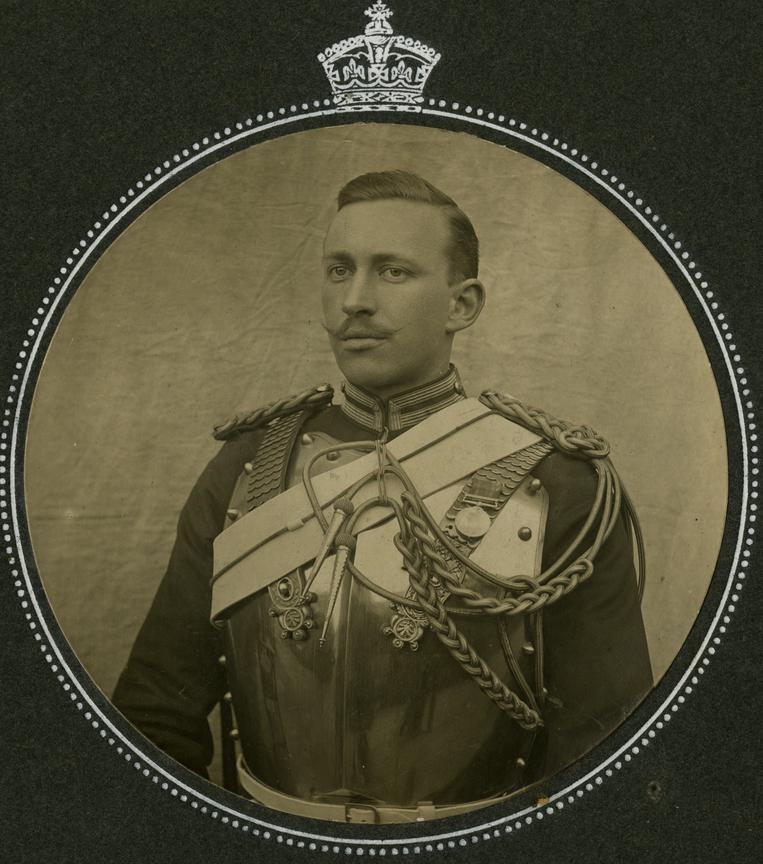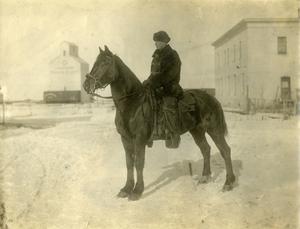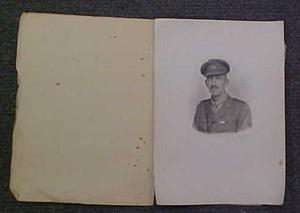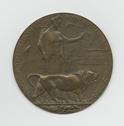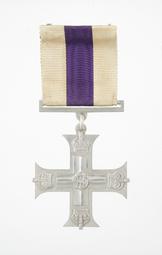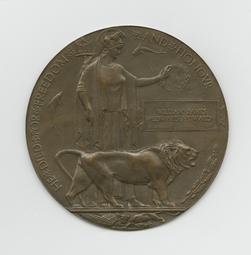Unit
10th Canadian Trench Mortar Battery
Branch
Service Component
Canadian Expeditionary Force
Service Number
birth
1874/10/10
Birkenhead, Cheshire, United Kingdom, England
death
1917/07/22
France
grave
Barlin Communal Cemetery Extension, France
Gender
Male
William Jesse Edward Howard was born in Birkenhead, England, on 10 October 1874. He was the son of Jesse and Mary Ellen Howard.
Howard immigrated to Canada in 1904. A clerk, he was commissioned as an officer in the 11th Canadian Mounted Rifles (11 CMR), in Victoria, British Columbia, on 4 June 1916. Howard had extensive military experience. Before immigrating to Canada, he had served in the South African War and had spent nearly ten years with the Royal Horse Guards. In Canada, he had served in the Royal North-West Mounted Police and the 31st British Columbia Horse militia unit.
After initial training in Canada, Howard sailed to England with his unit on SS Lapland on 16 July 1916, embarking from Halifax, Nova Scotia. The 11 CMR disembarked in Liverpool on 25 July 1916 Four days after arriving in England, Howard was transferred to the 102nd Canadian Infantry Battalion, and on 11 August 1916, he proceeded to France. Upon arrival there, he was sent for training in the operation of trench mortars. After completing the course, he was attached to the 11th Canadian Trench Mortar Battery on 27 September 1916.
On 24 December 1916, Howard was wounded in the back and hip by shrapnel. He did not return to his unit until 28 December 1916. In early February 1917, he was transferred to the 10th Canadian Trench Mortar Battery via the 44th Battalion, in order to command the unit. At the time of his transfer, he was promoted to the rank of temporary captain.
On 1 July 1917, Howard was awarded the Military Cross. There is no published citation explaining why he received the award.
Howard took his own life in his billet behind the lines near Barlin, France, on the morning of 22 July 1917. According to his Circumstances of Casualty card, the reason he did so is not known, but witness reports contained in his service record indicate that he had complained about being unwell for some days. The day he died, he had visited a medical officer and complained about ongoing pain in his leg and back from his wounds, loss of sleep and appetite, and feeling unfit for service. The military authorities deemed that Howard had been killed in action. The reasoning for this decision was not recorded.
William Jesse Edward Howard is buried in Barlin Communal Cemetery Extension, in France.
Military Cross
No citation. London Gazette, 1 June 1917, Supplement 30111.

